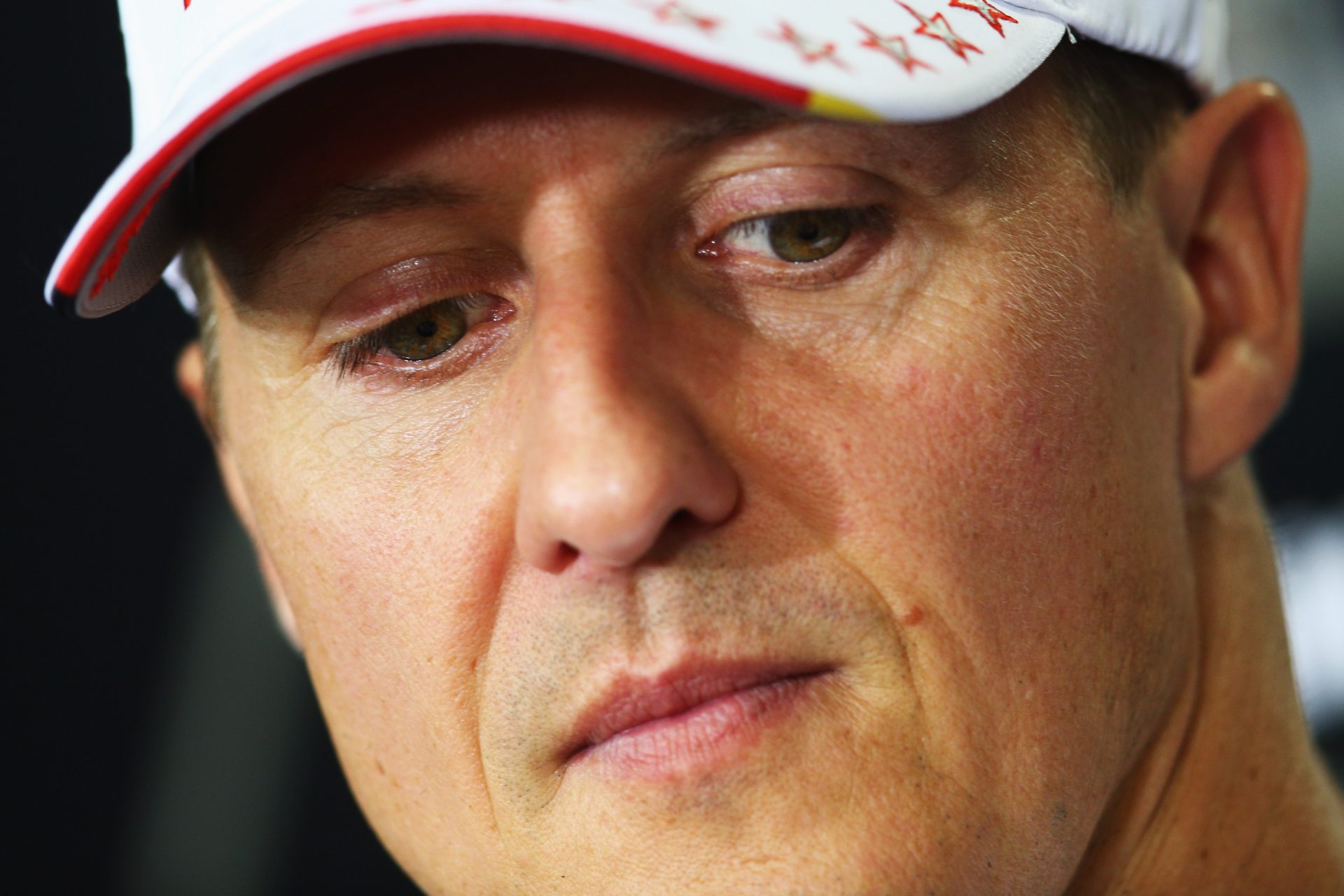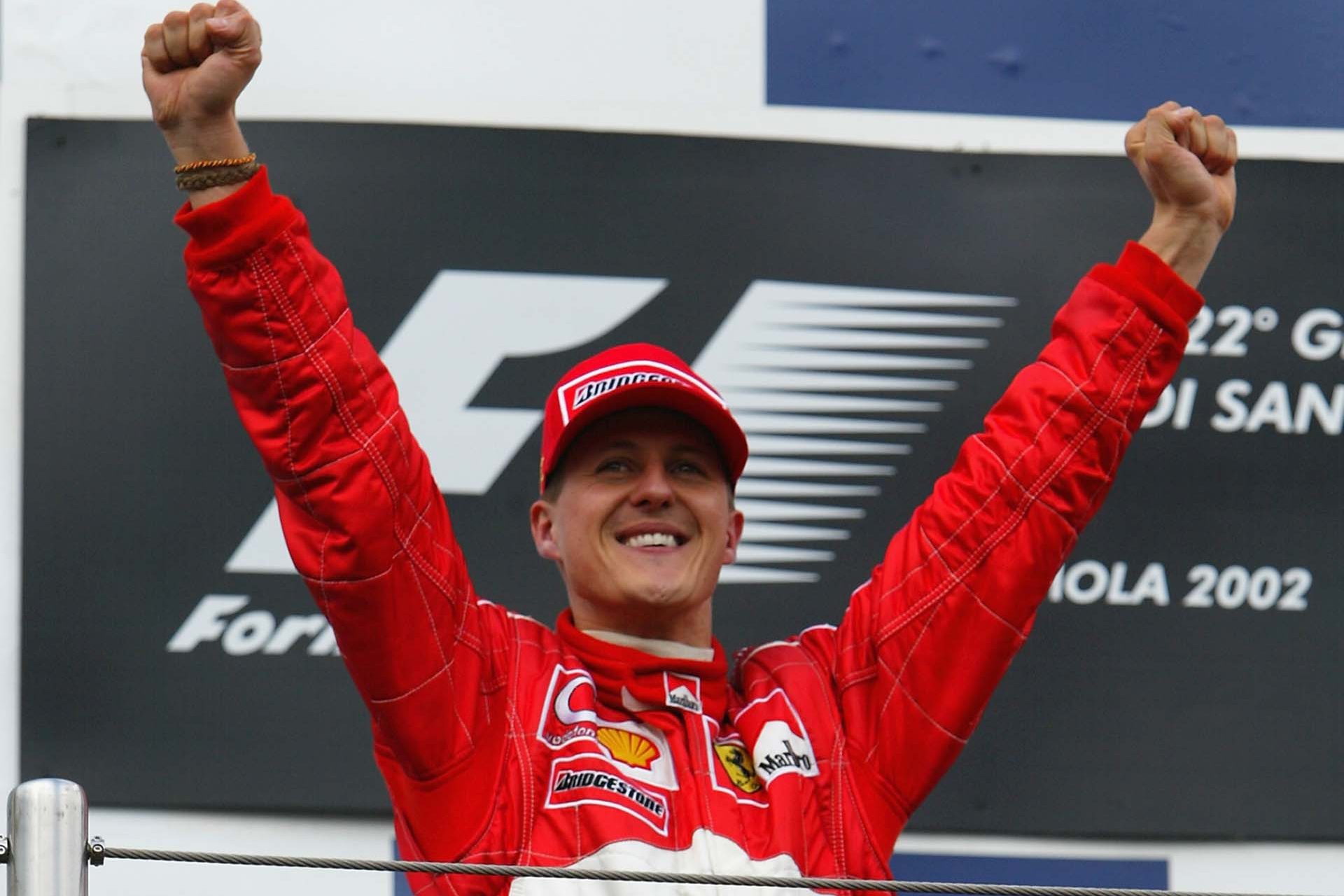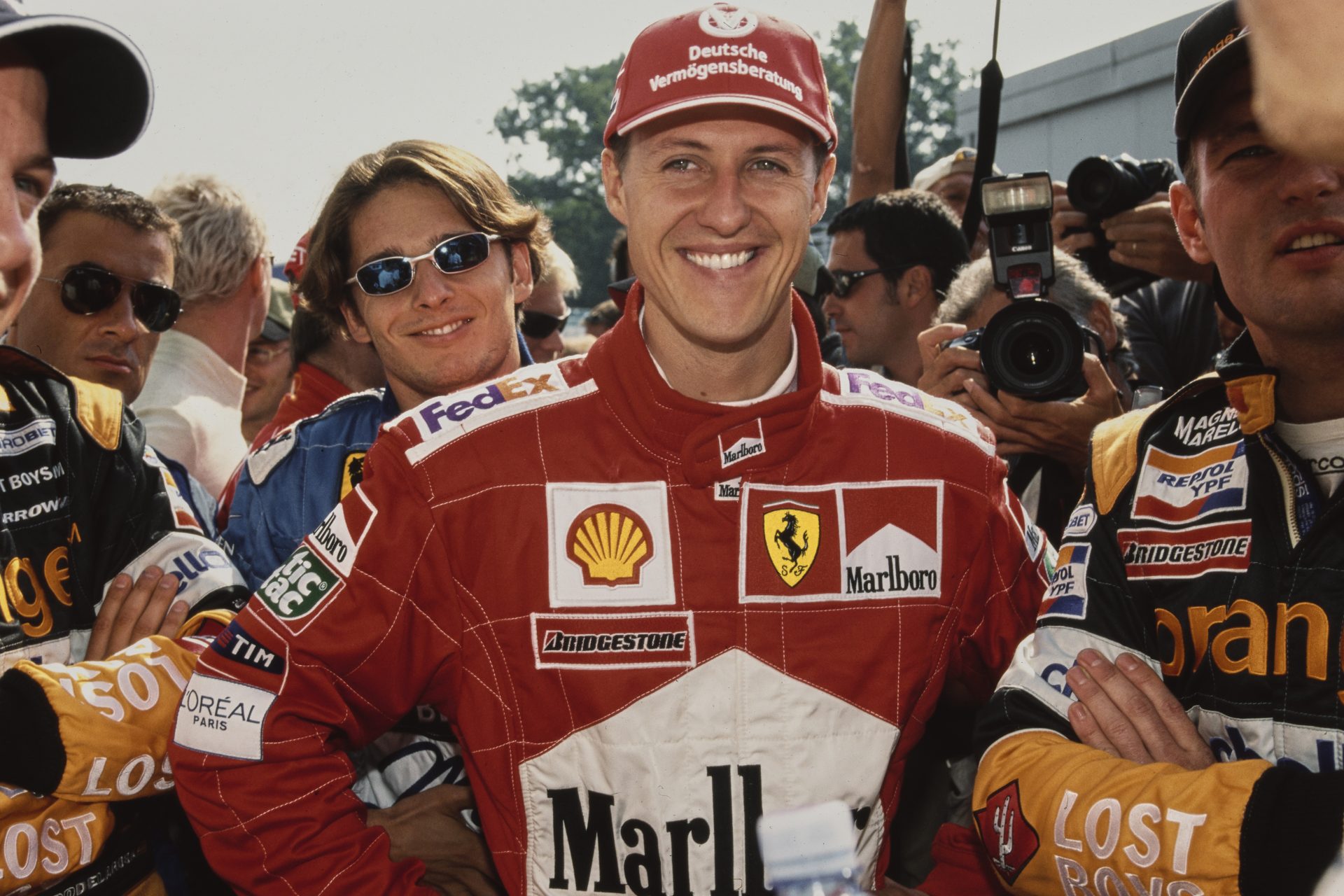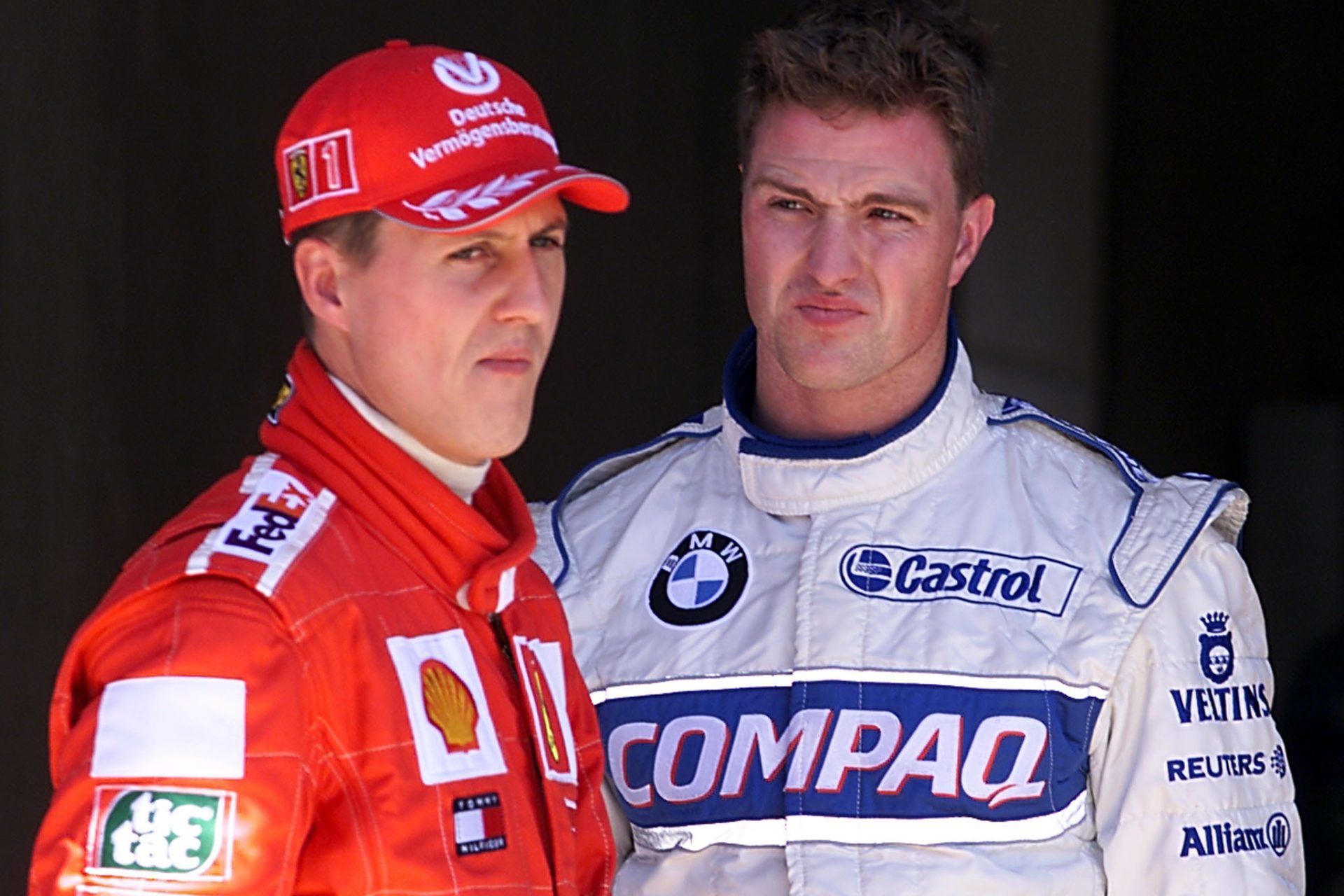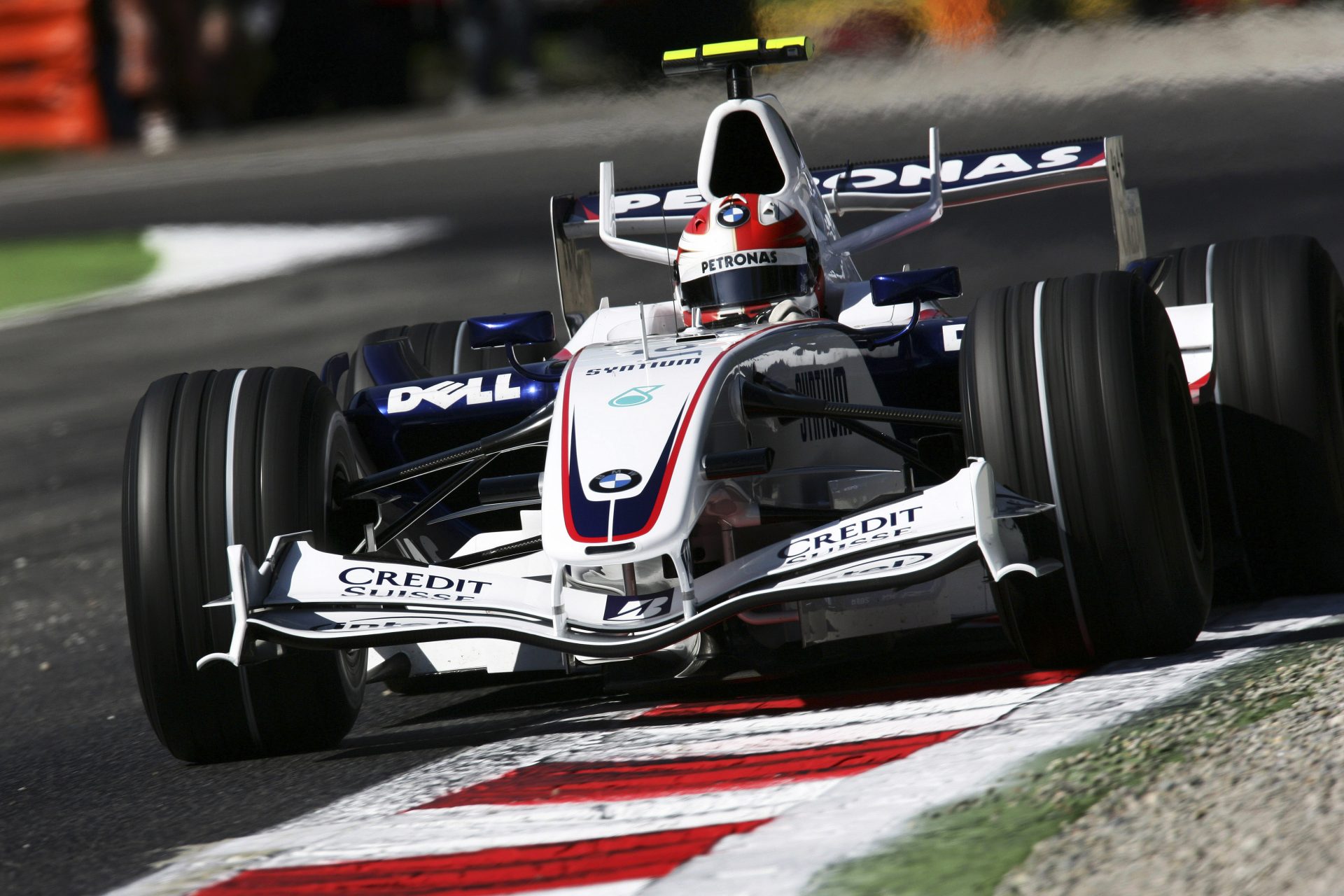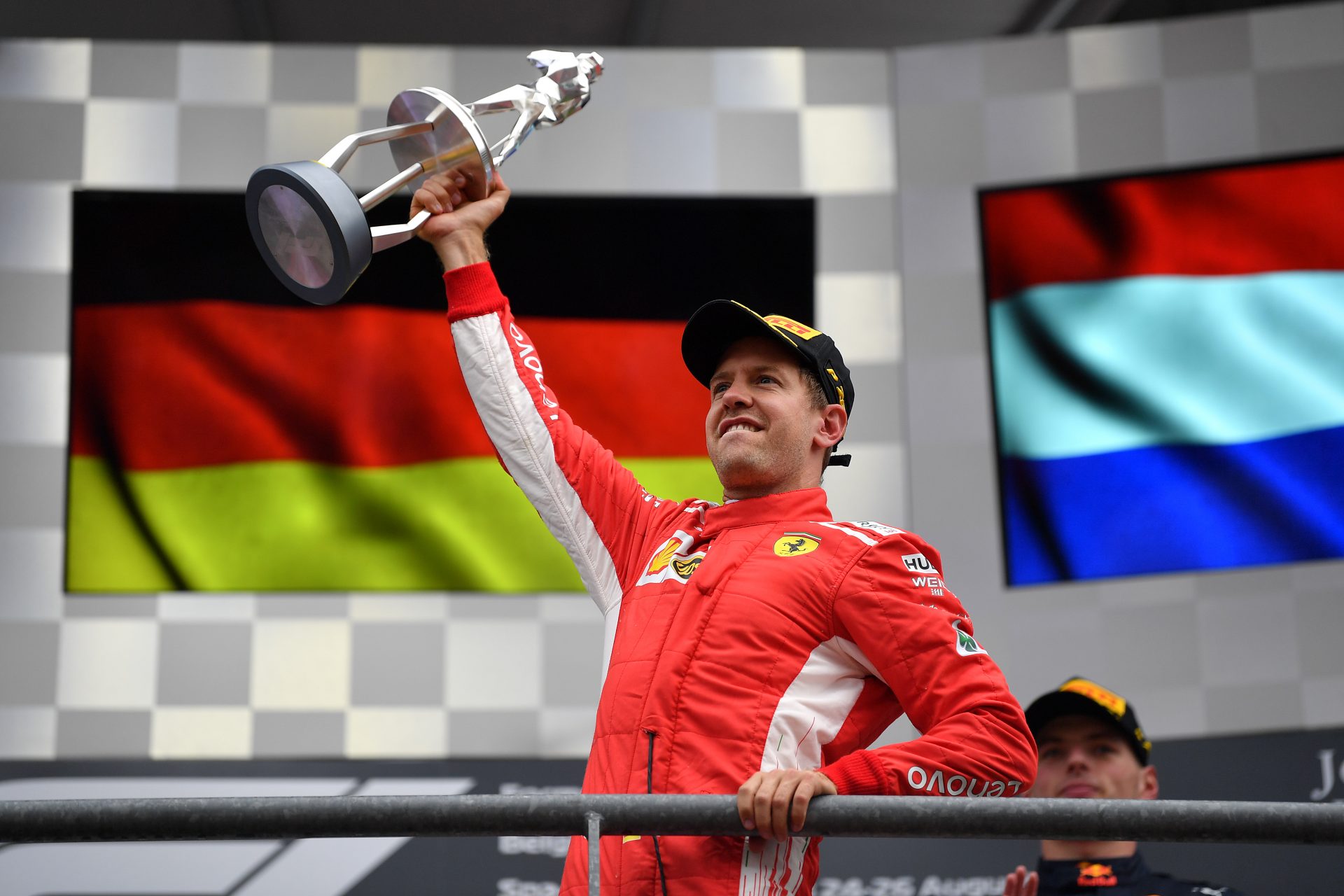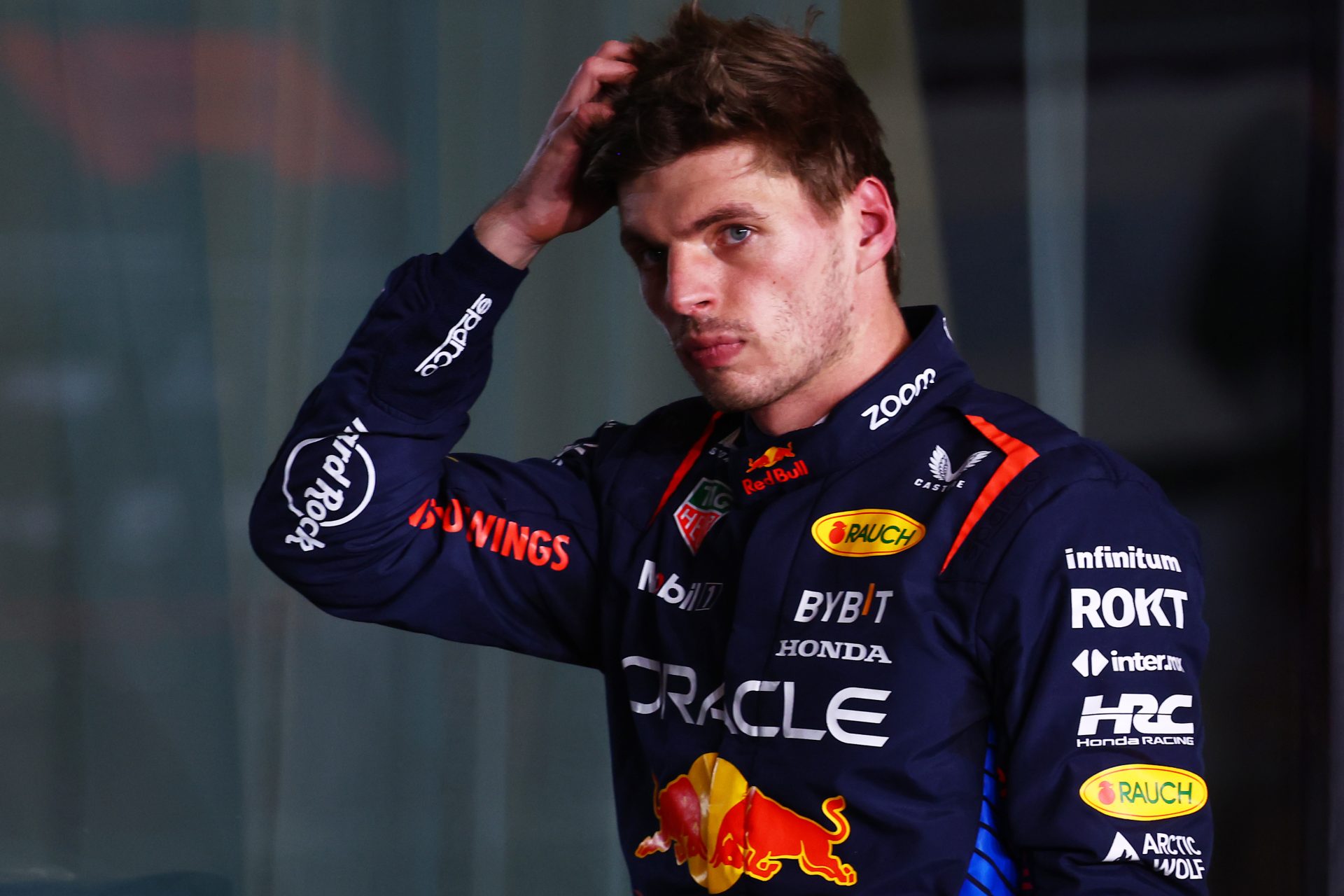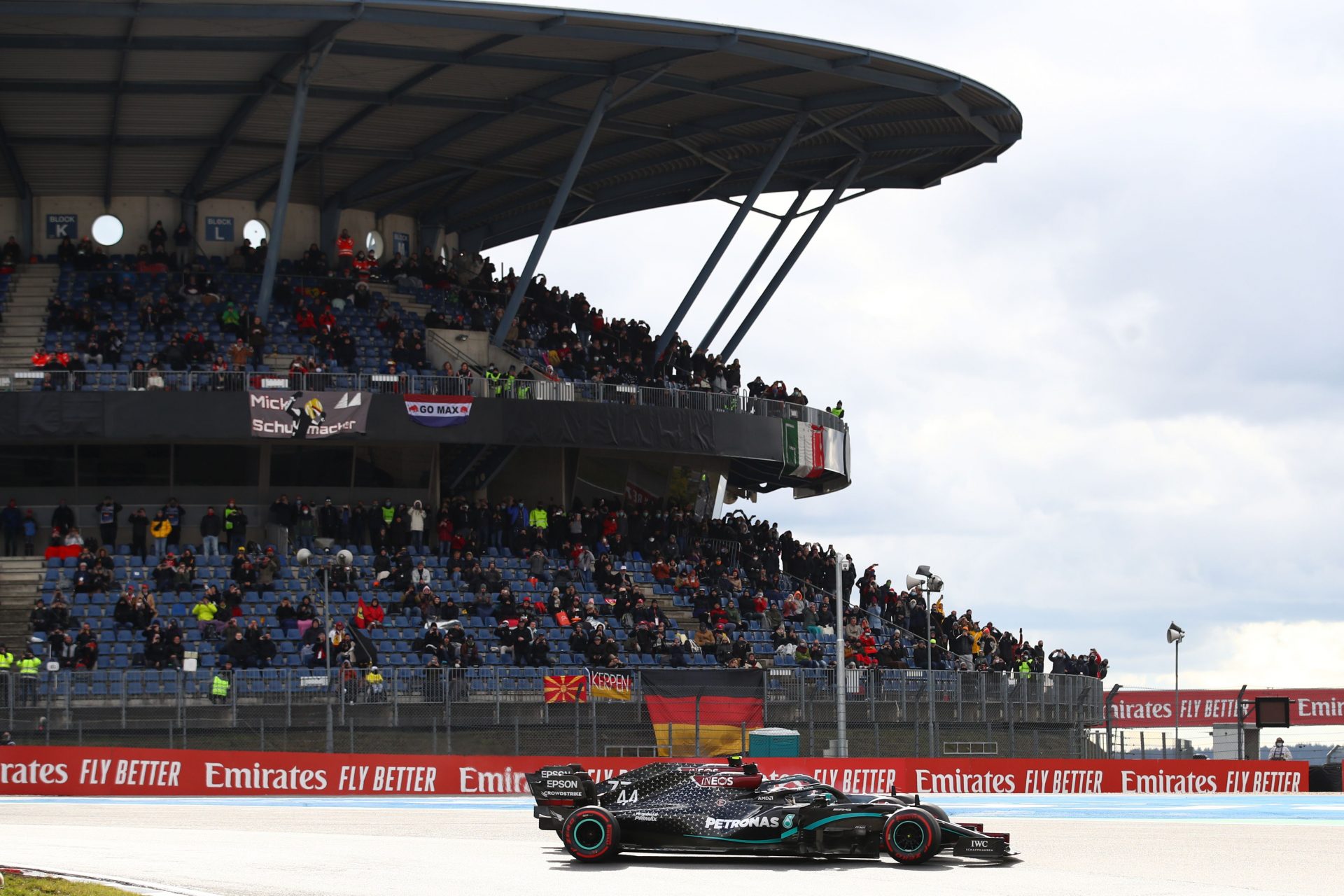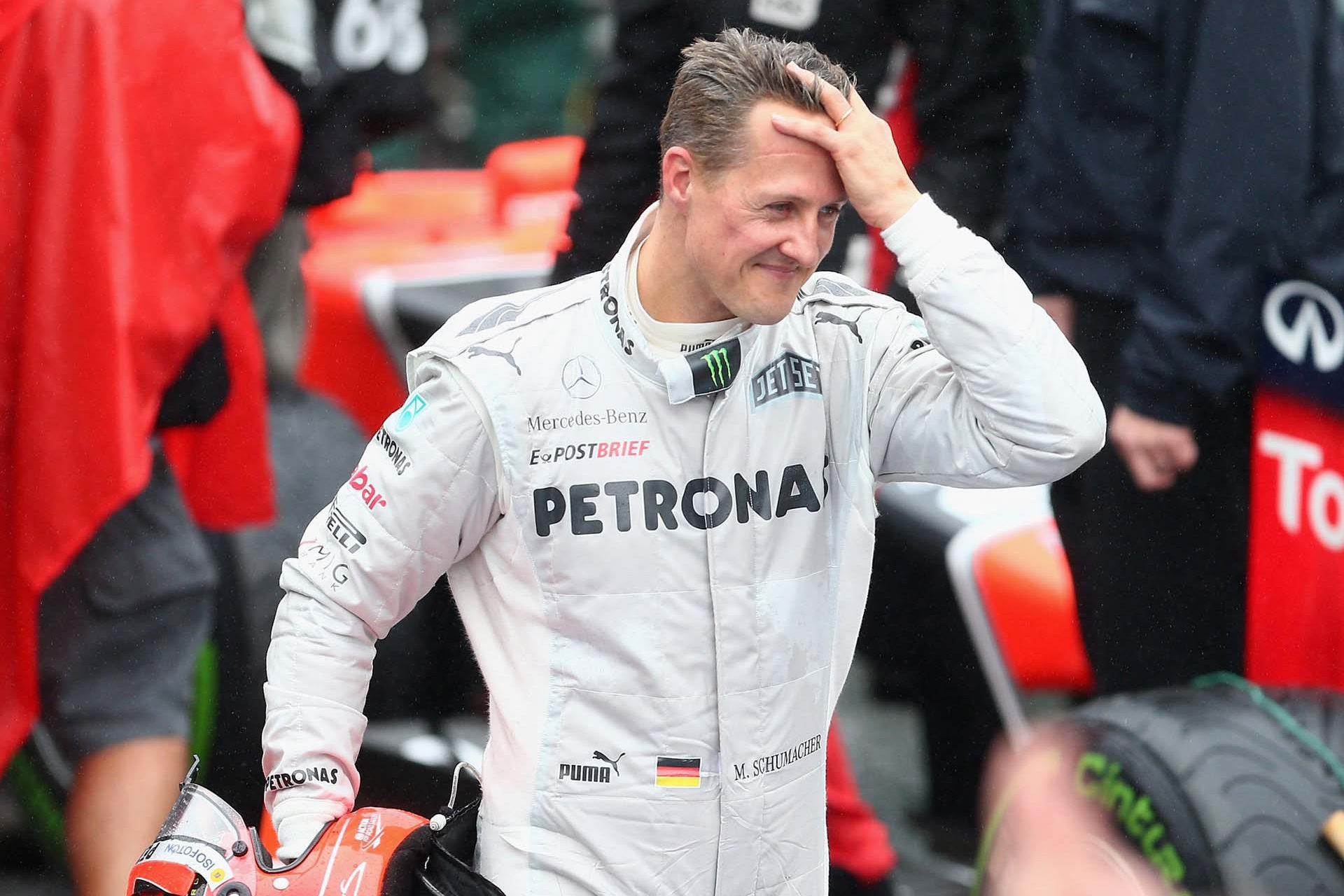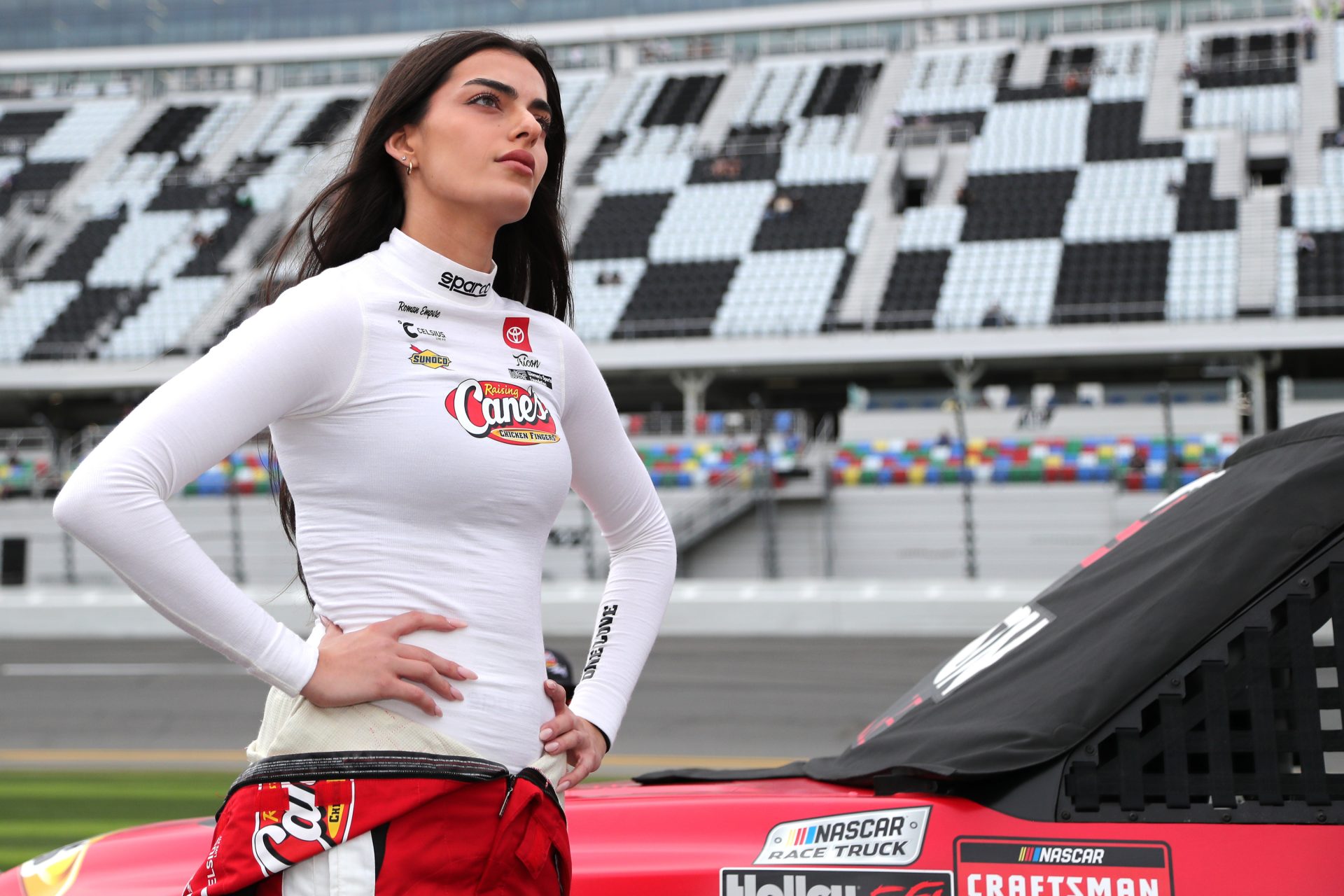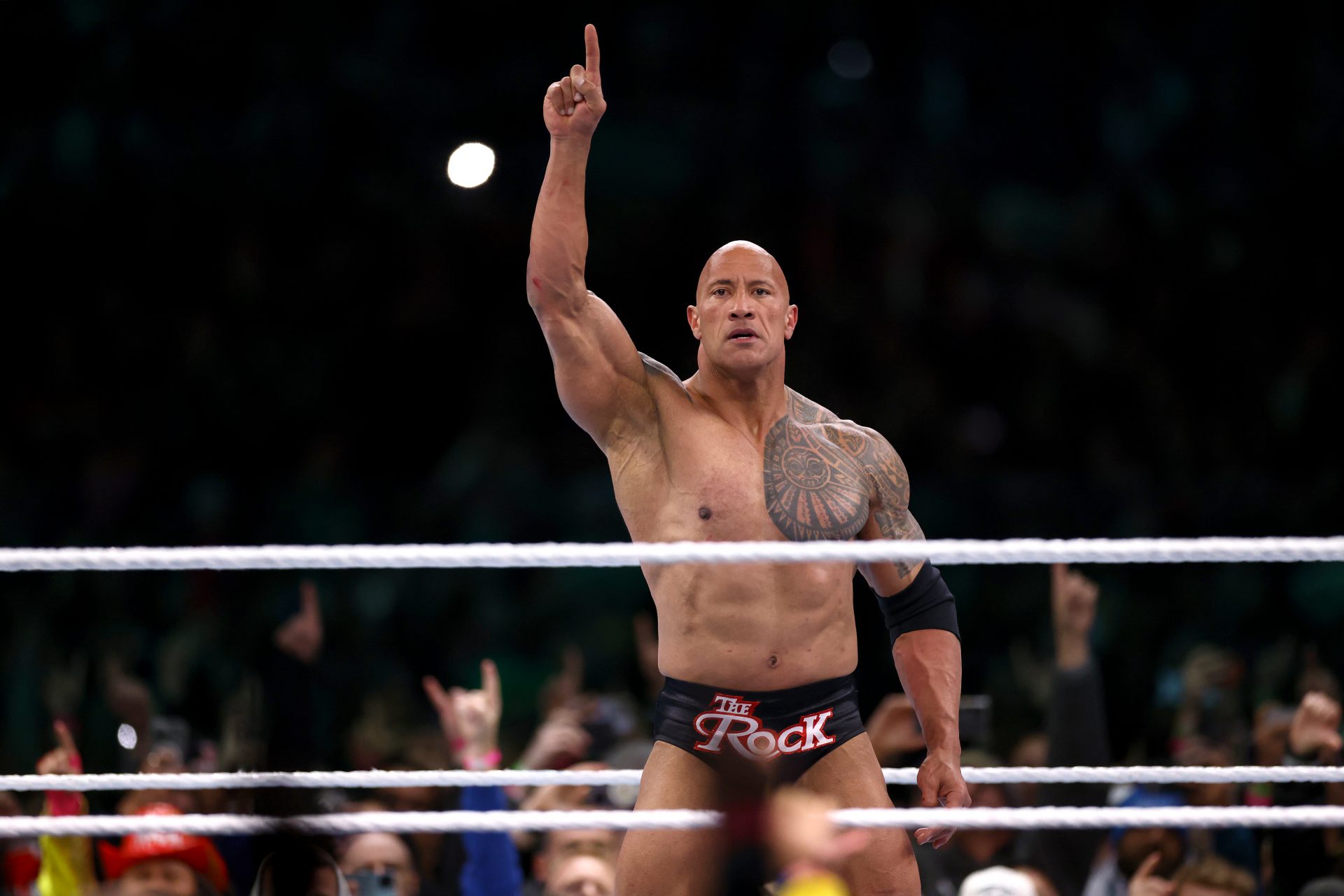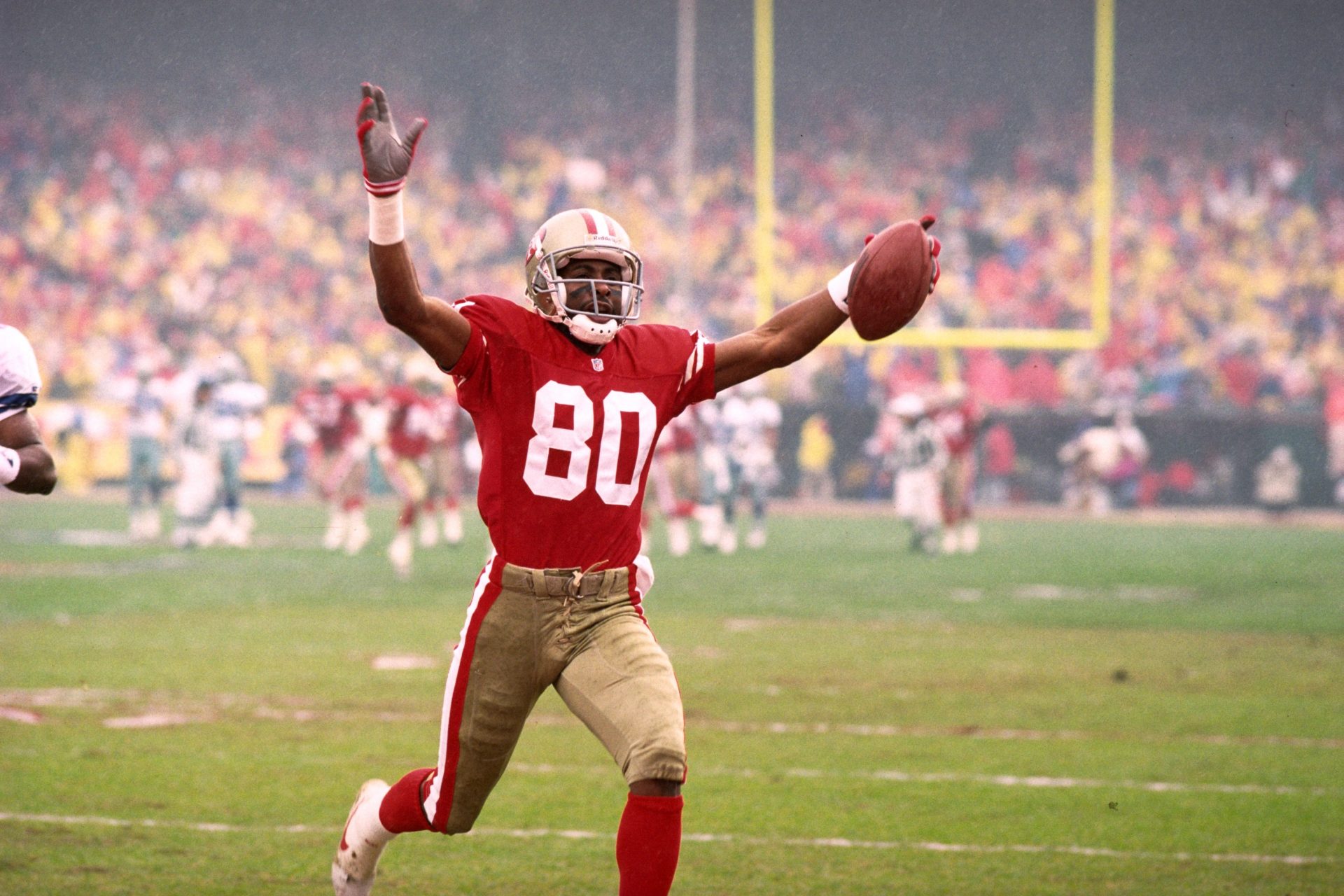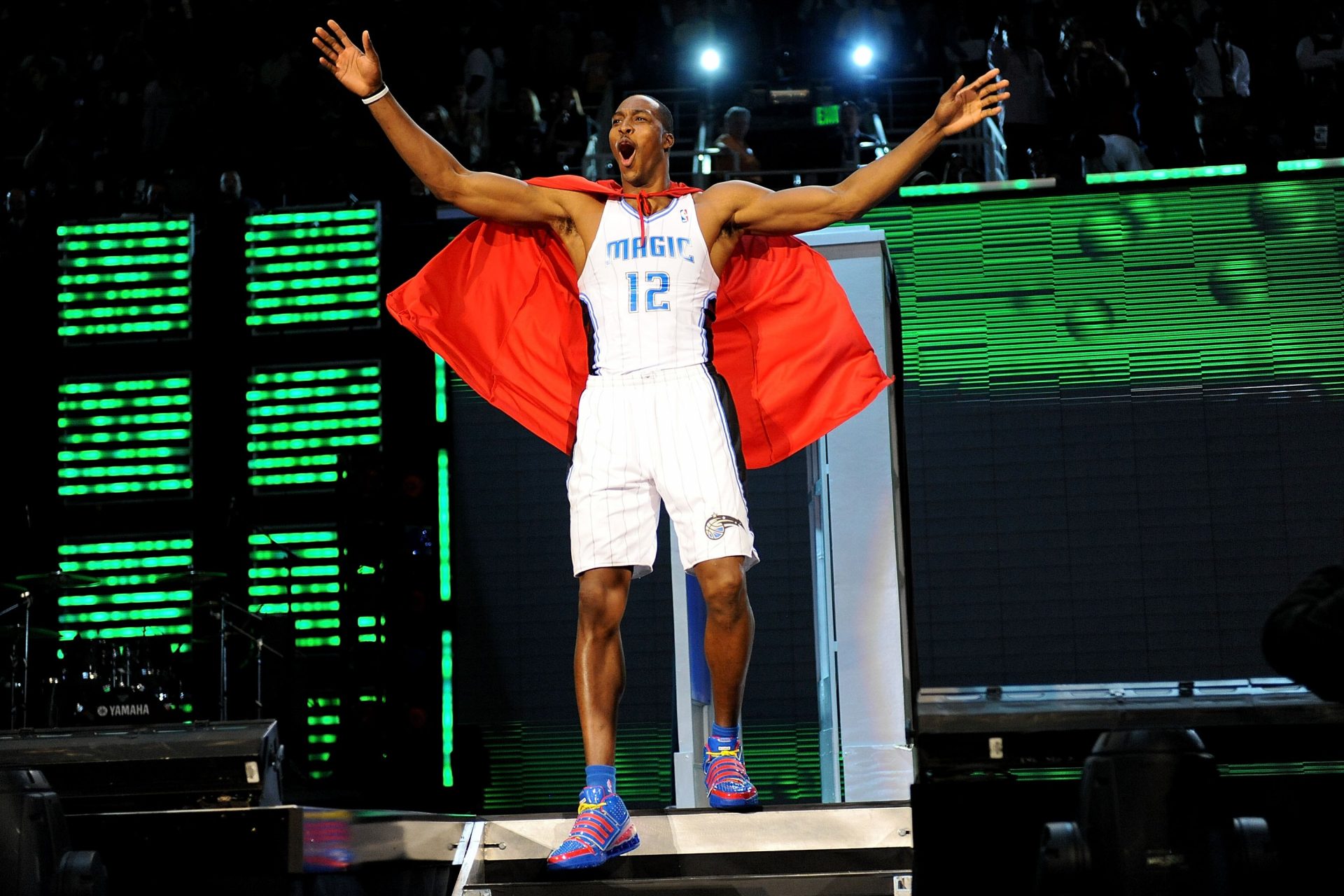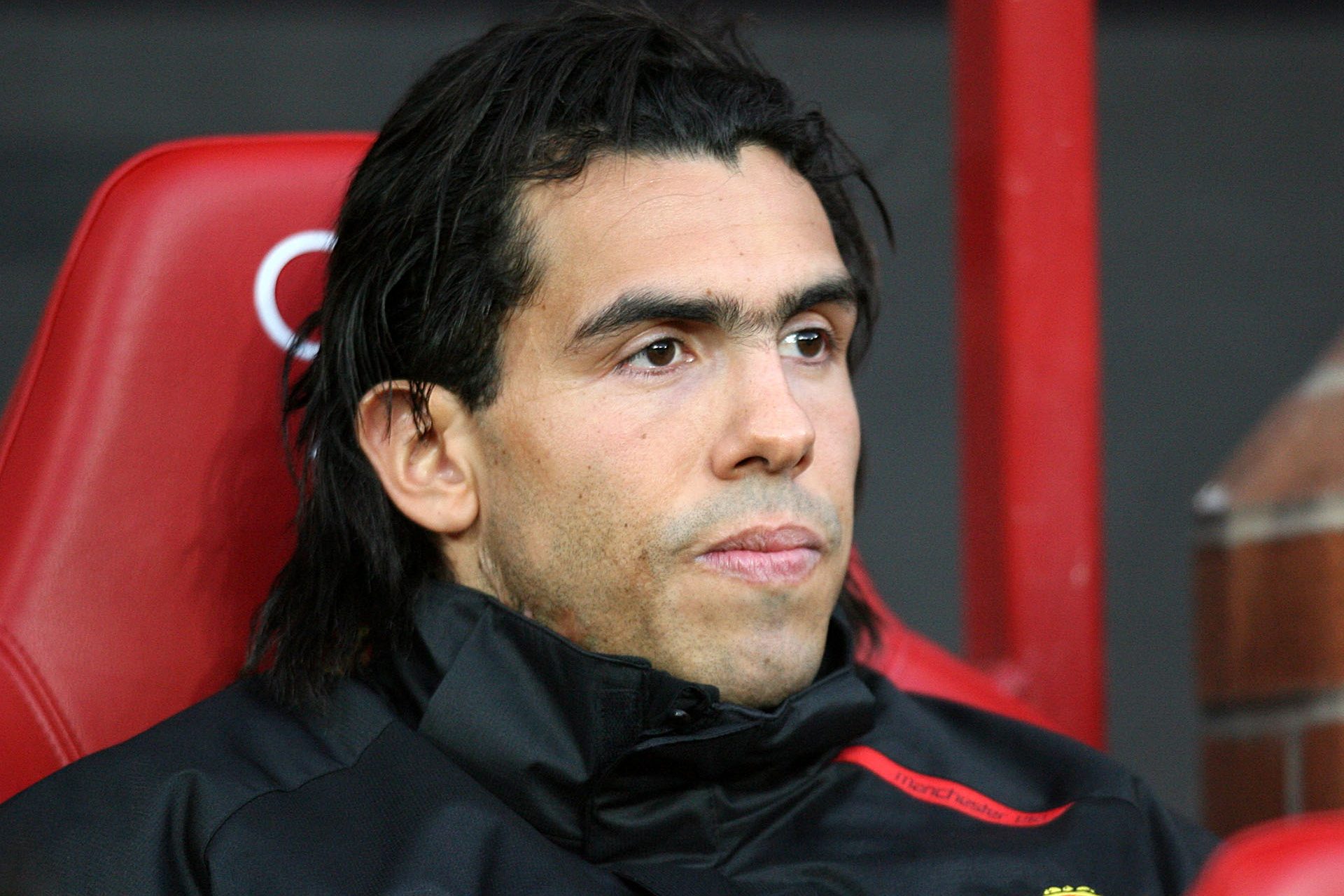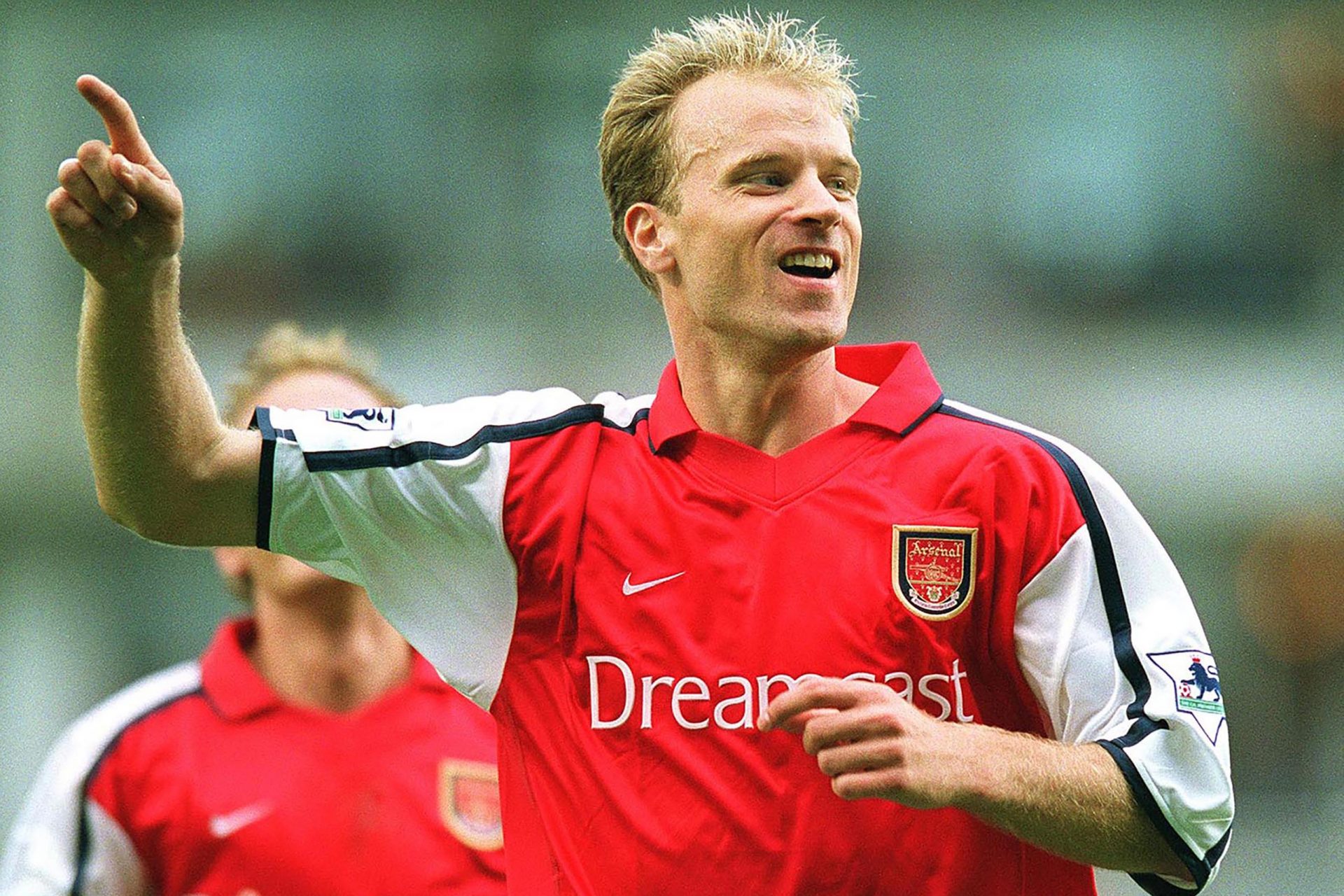The tragic downfall of F1 in Germany
Germany is one of the most storied automotive nations globally, with brands like Mercedes, Porsche, BMW, Volkswagen, and Audi hailing from the region.
The country has deep roots in Formula 1, creating some of the best drivers and racetracks the sport has ever seen. From Michael Schumacher and Sebastian Vettel to the Nürburgring and Hockenheim, what happened to F1 in Germany?
From the mid-1990s until 2006, Germany hosted two F1 Grand Prix at the Hockenheim ring and the Nürburgring, but after Schumacher retired, interest dwindled massively.
Want to see more like this? Follow us here for daily sports news, profiles and analysis!
Can you blame the German fans? According to the F1 website, Schumacher is a national hero, having won seven Formula 1 World titles, including five in a row with Ferrari and two with Benetton.
Schumacher did return to the sport after his initial retirement in 2006, but never finished above eighth in the Drivers' Championship. Unfortunately, no other German drivers were ready to step up then, and the circuits were punished for it.
In the late 2000s, Nico Rosberg was driving a slow Williams, Sebastian Vettel, and Adrian Sutil were emerging, and Ralf Schumacher was on his way out. The popularity had so drastically diminished that the two Grand Prix merged and decided to rotate between the circuits each year.
According to Racing News 365, the global economic crisis of 2008 had a catastrophic effect on Germany and F1. BMW's team pulled out, the Nürburgring was on the brink of going under, and Schumacher's success was unreplaceable.
Then Sebastian Vettel came along, winning the 2008 Italian Grand Prix before joining Red Bull and seemingly dominating as Schumacher did. Vettel provided hope for Germans and won the F1 world title four times between 2010 and 2013.
Vettel was at the top of the sport, Nico Rosberg won a title in 2016, and the German GP was filling up due to the emergence of Max Verstappen and his Dutch fanbase from across the border. However, once Vettel had his demise, there was no way back for Germany.
Following Vettel's mediocre form with Red Bull, financial problems at the Nürburgring cut the Grand Prix in 2015 and 2017. He challenged for the title again with Ferrari in 2018, but Vettel's downfall was matched with Hockenheim in 2019 when F1 ran its final race there.
Want to see more like this? Follow us here for daily sports news, profiles and analysis!
The end of Vettel and the German Grand Prix in 2019 was the end no German Formula 1 fan wanted to see. There is no track and no champion, which could very quickly happen to the Netherlands in the coming years.
The arrival of COVID-19 in 2020 drastically changed the F1 schedule, with the Nürburgring returning in October of the same year. But they haven't raced there since.
The introduction of Mick Schumacher was a hope for German F1 fans to return to the pinnacle of the sport. According to Motorsport Stats, Michael's son was underwhelming. He raced in 43 Grand Prix, had a sixth-best finish, and won 12 points. He was cut by Haas in 2022.
At its peak in 2011, Germany had seven drivers in Formula One. Now, it's just Nico Hülkenberg, who is the only German in the field. Hülkenberg replaced Schumacher at Haas and is expected to finish 10th or 11th in the Drivers' Standings in 2024, per the F1 website.
The two German Grand Prix tracks are still financially unstable, and with more prominent and striking venues like Miami, Qatar, and Las Vegas getting longer deals, the future still doesn't look bright.
What do you think? Is it essential for there to be a German presence in Formula 1 because of its history, or is the sport moving beyond its traditional motor-sporting means in the US and the Middle East?
Want to see more like this? Follow us here for daily sports news, profiles and analysis!
More for you
Top Stories



